Government officials and negotiators from around the world gathered at the COP28 climate conference in the United Arab Emirates last week in hopes of convincing the oil and gas industries to do their part for the future of the world.
After lengthy debates, the titans of the fossil fuel industry pledged to put more money behind the process of dramatically reducing methane pollution by the year 2030.
Problems for Future Generations

Climate change has become a household topic around the world in recent decades. This has led to the world’s largest oil and gas companies doing what they can to reduce the harmful effects of fossil fuels.
At the beginning of the month, 50 of the world’s largest hydrocarbon firms finally agreed to all but eliminate methane emissions produced by fossil fuels.
A Leading Cause of Global Warming

Carbon dioxide, the gas released from the burning of fossil fuels, is generally considered the ultimate villain when it comes to climate change.
However, methane is responsible for perhaps up to 45% of the earth’s rising temperatures brought forth by humans.
The Tides Are Changing
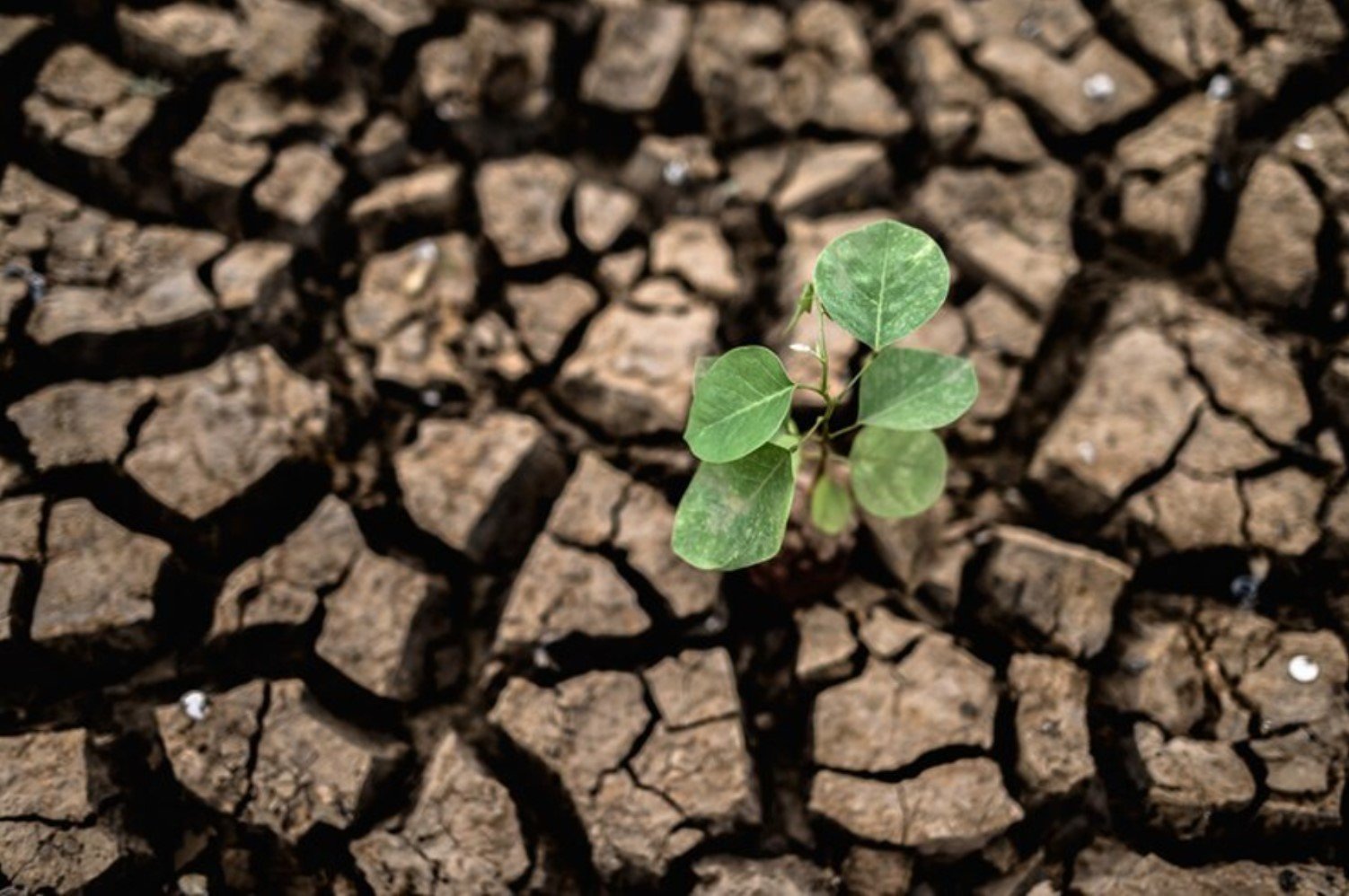
At this year’s annual U.N. climate summit, hosted in Dubai, methane pollution, a byproduct of natural gas, was the center of attention.
According to Durwood Zaelke, a think-tank Institute for Governance and Sustainable Development member, “Methane is taking its rightful place as the single biggest and fastest way to slow warming” (via The Economist).
Big Gas Companies Make Historic Pledge
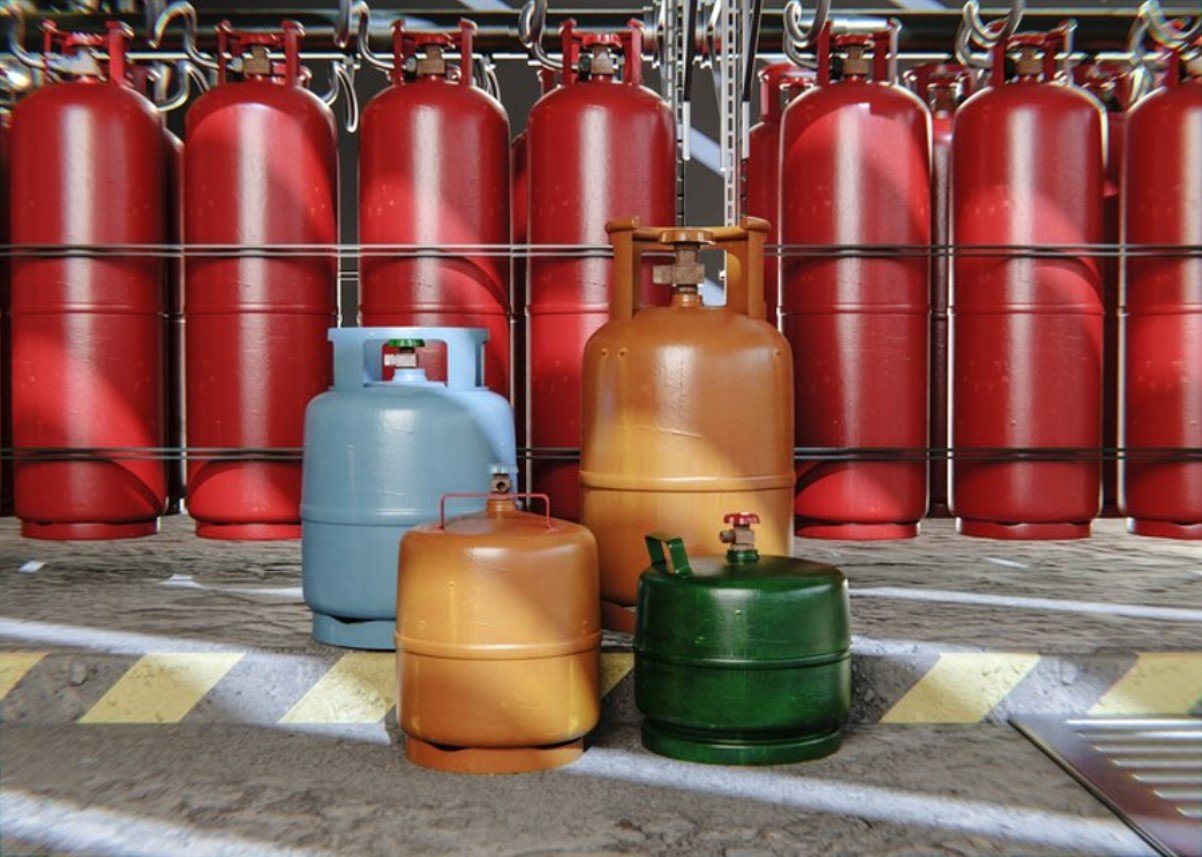
At the event in Dubai, many of the world’s largest oil and gas companies pledged to reduce their methane emissions and plans to all but eliminate them by 2030.
The 50 or so companies also pledged to end routine flaring of methane, which is the main component of natural gas.
Drilling vs. Farming

Most climate experts would argue that the methane released by cattle via upturned land and belching ruminants is just as harmful as drilling.
However, the energy sector is more concentrated, thus easier to negotiate with. Drillers have a much bigger incentive than farmers to prevent leaks, as the gas that breaks free cannot be sold for a profit.
Greenwashing the Climate Activists
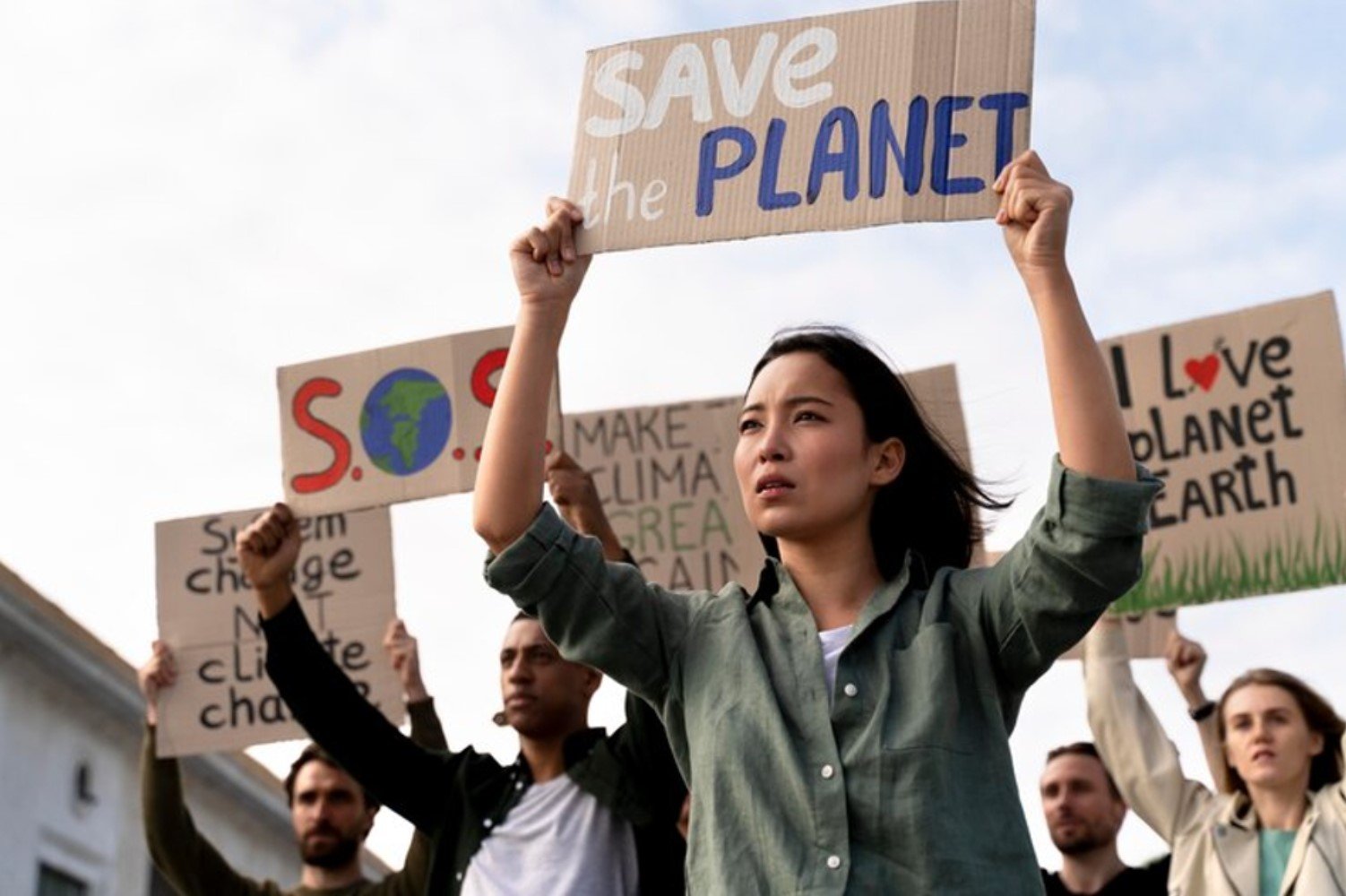
Not everyone was excited about the recent announcement, as many of the critics were quick to denounce the methane pledge as greenwashing.
Many argue it won’t lead to the eventual phasing out of fossil fuels, a future that climate campaigners want to see agreed upon in Dubai.
Get Out of Jail Free
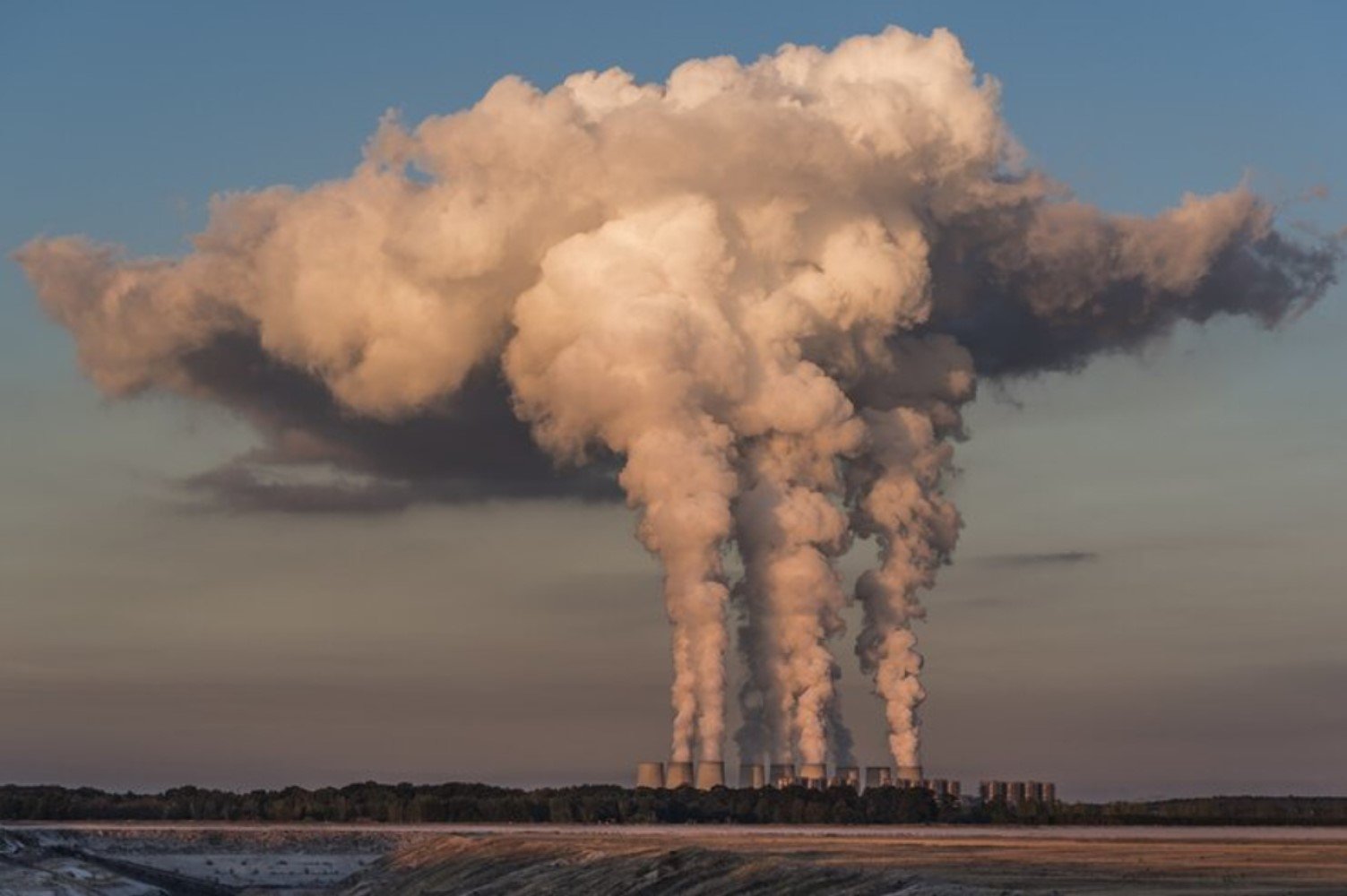
In fact, the skeptics suggest that the pledge to reduce methane could be seen as giving the oil-and-gas industry a “get out of jail free card.”
One green group went as far as to claim that the deal is nothing more than a verbal agreement, and they worry the promised cuts will not be honored.
Finally, a Win for Green Groups
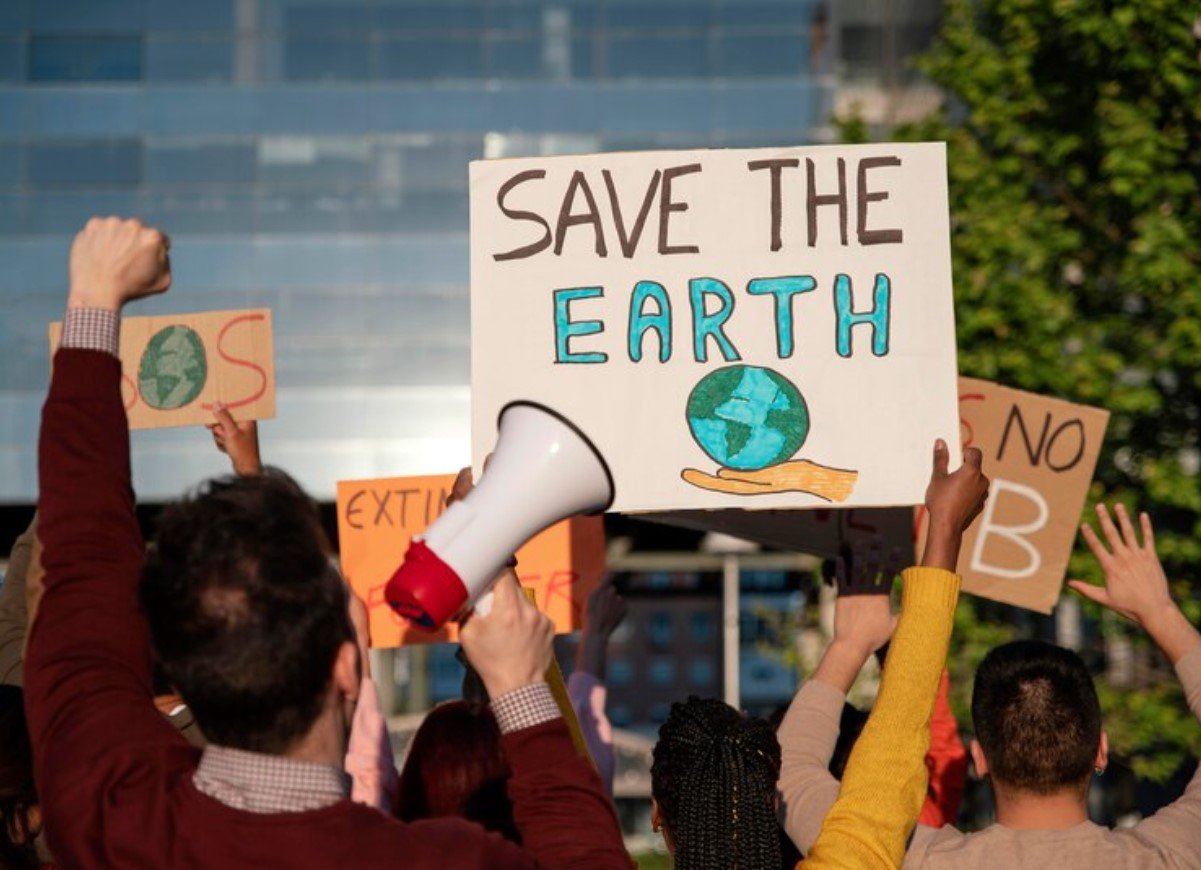
It’s reasonable to consider the fact that it may take a few more years before fossil fuel companies begin to phase out methane pollution.
However, the methane deal represents a breakthrough of sorts, according to various climate activists and green groups around the globe.
Titans of the Oil Industry
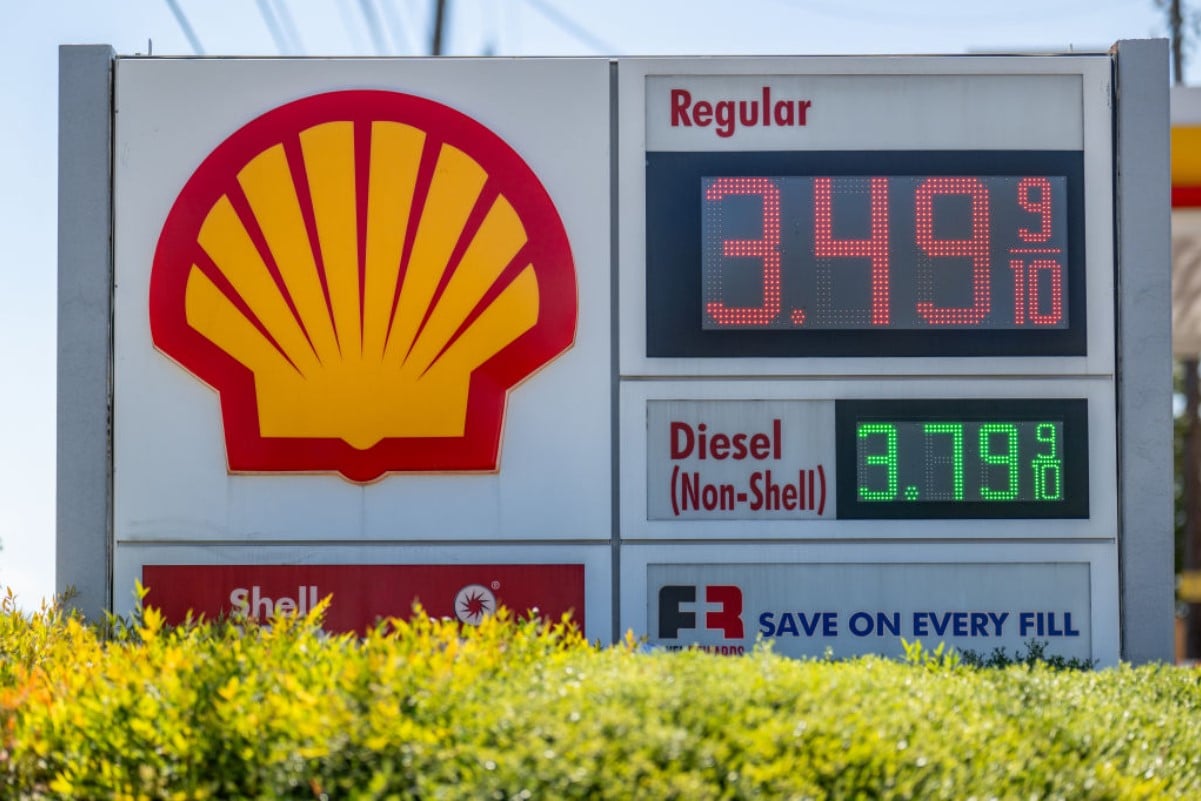
The oil and gas companies involved in the historic pledge account for around 40% of the world’s oil production. It includes Western giants such as Shell and ExxonMobil and the mighty Saudi Aramco of the UAE.
Many of the UAE’s largest oil companies, which are responsible for most of the industry’s methane emissions, had long resisted any reduction agreement. So, their pledge in Dubai is considered a significant win.
Looking Toward the End of the Decade

The verbally agreed target is to cut methane emissions by an order of magnitude equal to a mere 0.2% of oil and gas production by 2030.
According to climate activists, the agreement is both ambitious and precise. Third parties, including the U.N. Environment Programme, will independently verify the progress.
Help from Third-Party Agencies

There are a lot of tools at the disposal of such third parties that will enable them to track the progress of the world’s largest oil and gas companies precisely.
From methane-sniffing satellites to ground-based sensors and methane-miscreants, they will not be able to avoid the tracking technology of the United Nations.
